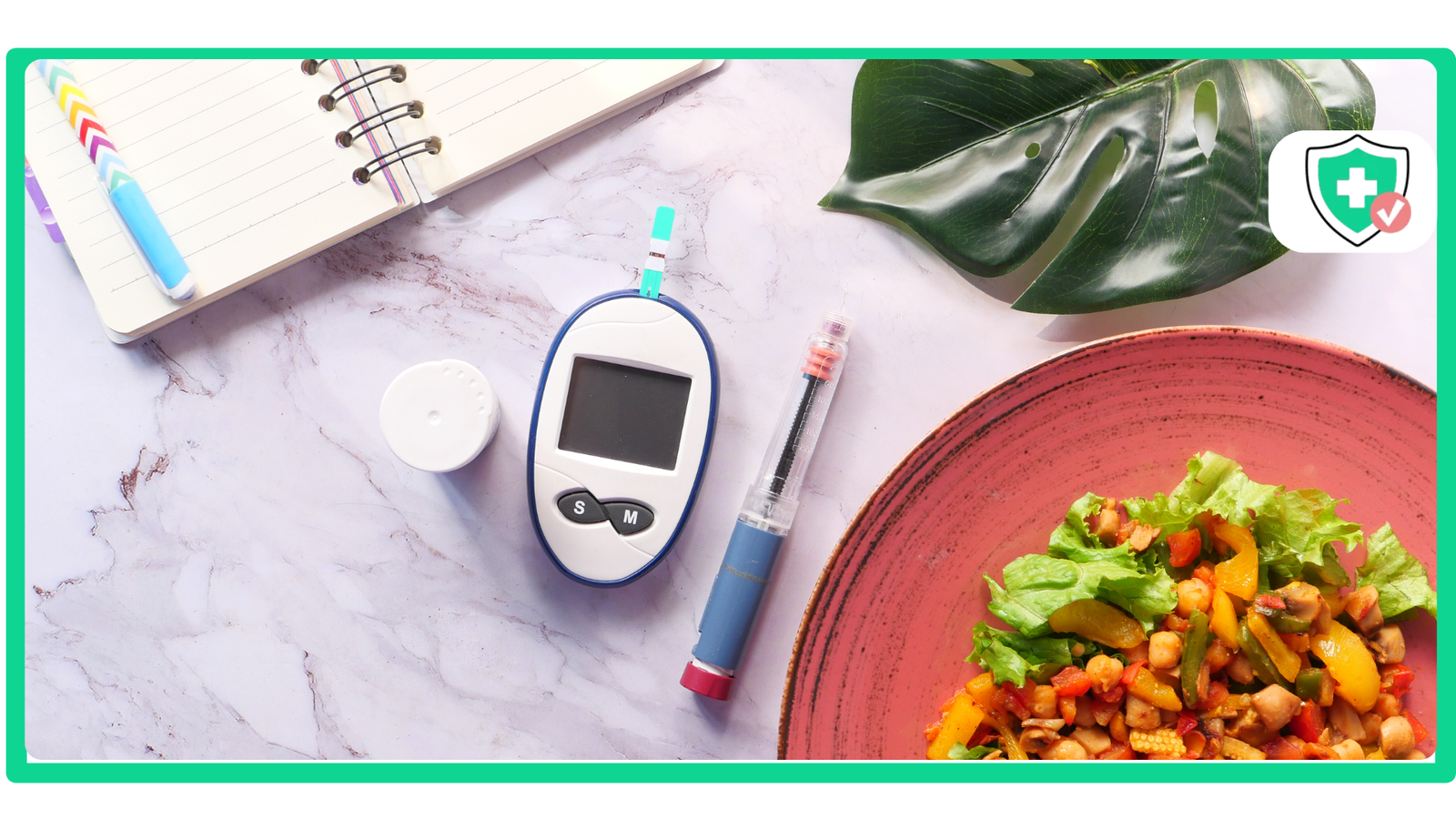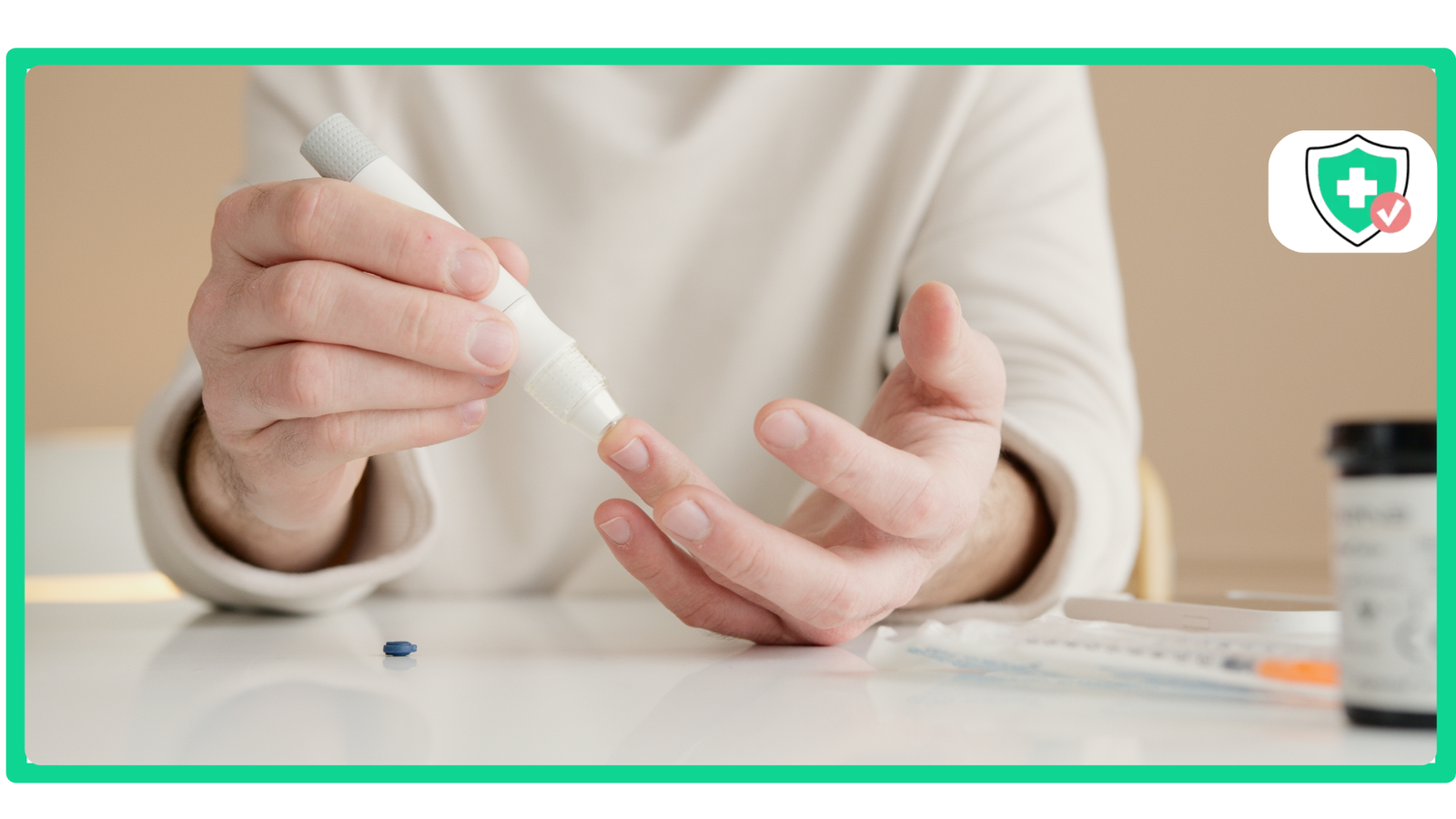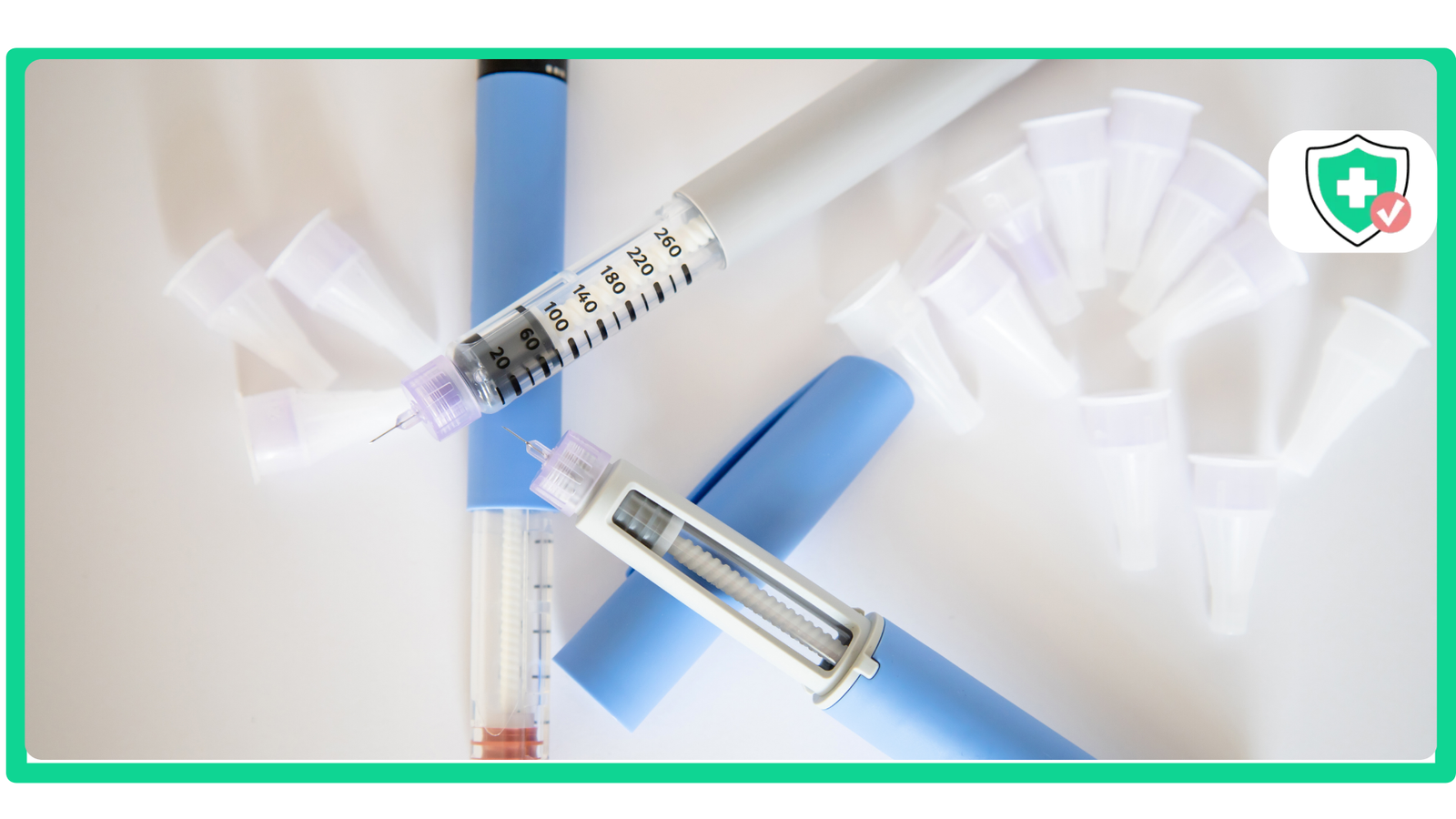First off, congratulations on your success! Taking semaglutide has likely been a big part of your health journey, and you’ve worked hard. But now, you might be asking a very common question: what happens when you stop taking semaglutide?
Thinking about this next step is totally normal. It’s not an ending, but a new phase of your health journey.
This article will give you an honest look at what changes you can expect. We’ll talk about things like your appetite returning and the possibility of regaining weight. Most importantly, we’ll give you simple, practical tips to help you keep the amazing results you’ve achieved.
Understanding Semaglutide’s Role in Your Body
To understand what happens when you stop, let’s quickly remember what semaglutide does. Think of it as a helpful tool that works with your body.
It copies a natural hormone called GLP-1, which is great at telling your brain you’re full. It also slows down how fast your stomach empties, so you feel satisfied for a longer time.
But semaglutide is a temporary helper. It doesn’t permanently change your body. It only works its magic while it’s active in your system. Once it’s gone, your body goes back to its usual way of doing things.
The Most Common Changes After Stopping Semaglutide
So, what really happens when the medication is no longer in your system? Your body will start to go back to the way it was before. Here are the most common changes you might notice.
The Return of Appetite and Food Cravings
The biggest change for most people is that their appetite comes back. That feeling of being full and satisfied might not be as strong.
You might also notice more “food noise.” Those are the cravings and thoughts about food that semaglutide helped to quiet down. Please know this is a completely normal reaction. It’s not you failing; it’s just your body getting back to its natural signals.
Potential for Weight Regain
This is the biggest worry for many people. And it’s true that without the help of semaglutide, some people do regain the weight they lost. Studies have shown that a lot of people regain a good portion of the weight within a year.
This happens because your appetite comes back, and you might start eating more calories without realizing it. Knowing this isn’t meant to scare you. It’s to help you prepare. This is the most significant concern for people wondering what happens when you stop taking semaglutide.
Changes in Blood Sugar and Digestion
You might notice a few other things, too. The benefit of slowed digestion will go away, so you might not feel as full after meals.
If you were taking semaglutide to help with blood sugar, you’ll need to pay attention to your levels again. It’s a good idea to keep an eye on this with your doctor.
Your Proactive Plan: How to Maintain Weight Loss After Semaglutide
Knowledge is power! Now that you know what to expect, you can make a plan. You can build a healthy lifestyle that keeps you feeling great without the medication. Here are four simple steps to get you started.
- Embrace Mindful Eating: Try to listen to your body’s real hunger signals. Eat slowly and enjoy your food. Pay attention to your portion sizes, and stop when you feel satisfied, not stuffed.
- Prioritize Protein and Fiber: Foods that are high in protein and fiber are your best friends! They help you feel full naturally. Think lean meats, beans, vegetables, and whole grains. They will help you manage your returning appetite.
- Make Movement a Non-Negotiable: Moving your body is so important. Find an activity you love, whether it’s walking, dancing, or swimming. Mixing in some strength training is great too, as it helps build muscle that burns more calories.
- Build a Support System: You don’t have to do this alone! Share your goals with friends or family who can cheer you on. Navigating this new phase can be challenging, which is why ongoing support is crucial. If you have questions, don’t hesitate to contact our dedicated team for guidance.
The Importance of a Long-Term Health Partnership
Deciding to stop semaglutide is a big step, and it’s best to do it with a doctor. Think of your healthcare provider as your long-term partner in health. They can help you make a “transition plan” to come off the medication smoothly.
Partnering with a medical professional provides a clear advantage for long-term success. This focus on continuous care is why programs that offer straightforward, comprehensive support are so valuable. For example, Semaglutide Medics provides an accessible plan at $299 per month which includes not just the medication and prescription, but also the ongoing medical guidance needed to prepare for every phase of your journey, with free home delivery.
A professional can help you navigate the realities of what happens when you stop taking semaglutide. They can provide the tools and check-ins you need, often accessible through a convenient patient portal.
So, Should You Stay on Semaglutide Long-Term?
This is a great question to ask. For many people, managing weight is a lifelong journey. Health conditions like obesity are often chronic, meaning they need long-term care, just like high blood pressure or diabetes.
So, for some people, staying on semaglutide long-term might be the best choice for their health. The decision to stop or continue is a personal one that you should make with your doctor.
Understanding what happens when you stop taking semaglutide is about being prepared, not scared. With the right lifestyle habits and a great support team, you can absolutely maintain the amazing progress you’ve made.
Whether you’re planning for the future or just curious about what happens when you stop taking semaglutide, knowledge is your most powerful tool. Learn more about our approach to sustainable weight management and how we can support you every step of the way.
Sources:
- Weight regain and cardiometabolic effects after withdrawal of semaglutide: The STEP 1 trial extension – https://dom-pubs.onlinelibrary.wiley.com/doi/10.1111/dom.14771
- U.S. Food and Drug Administration (FDA) – Wegovy (semaglutide) Prescribing Information: https://www.accessdata.fda.gov/drugsatfda_docs/label/2021/215256s000lbl.pdf
- National Institute of Diabetes and Digestive and Kidney Diseases (NIDDK) – Treatment for Overweight & Obesity: https://www.niddk.nih.gov/health-information/weight-management/adult-overweight-obesity/treatment









